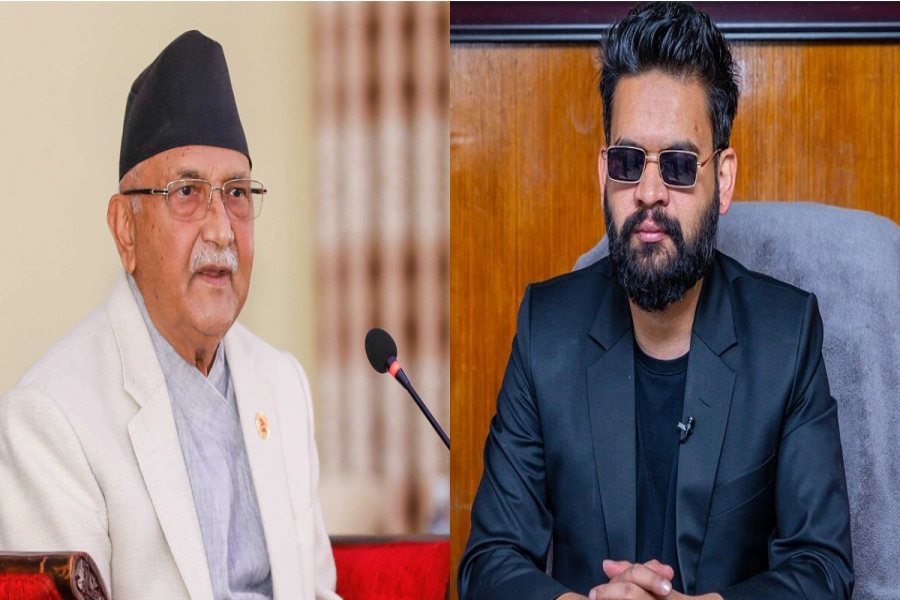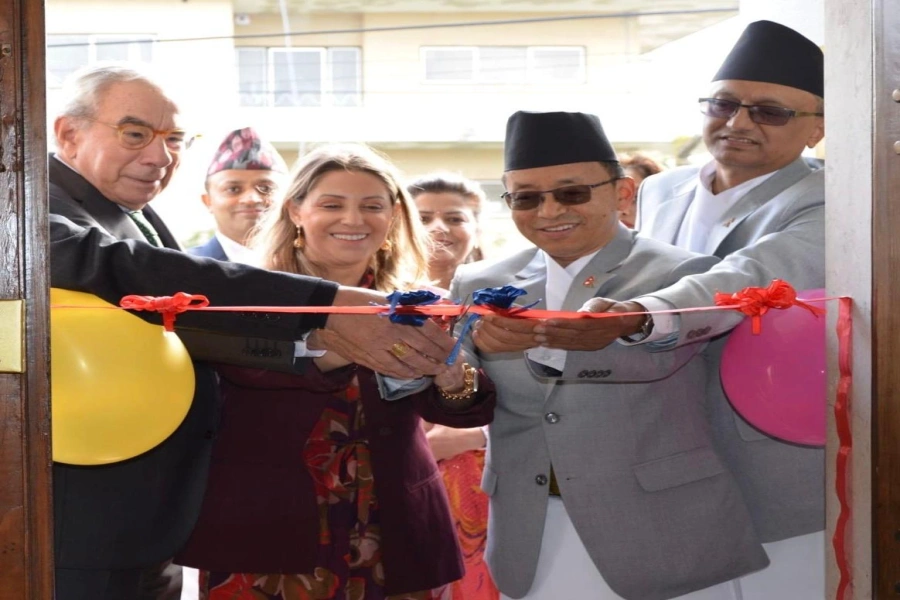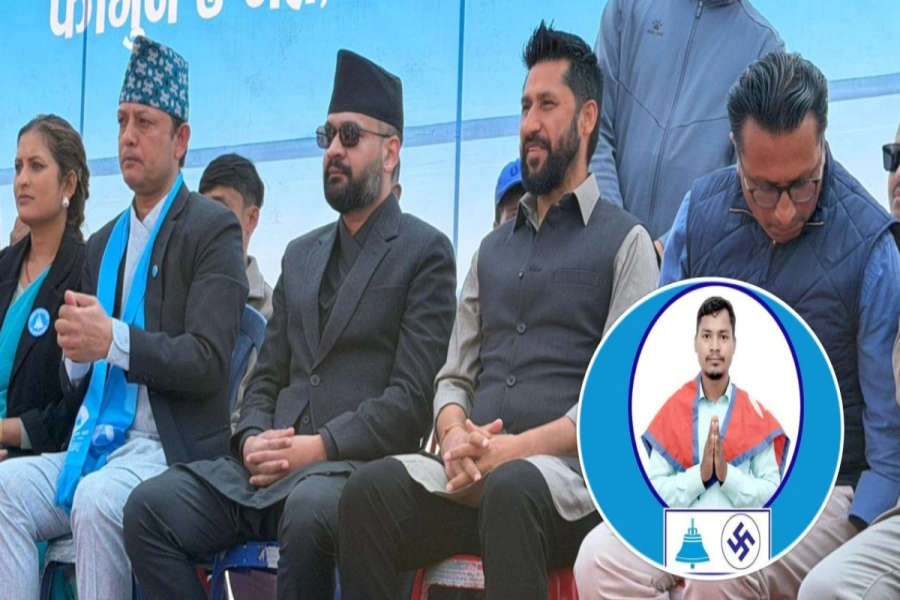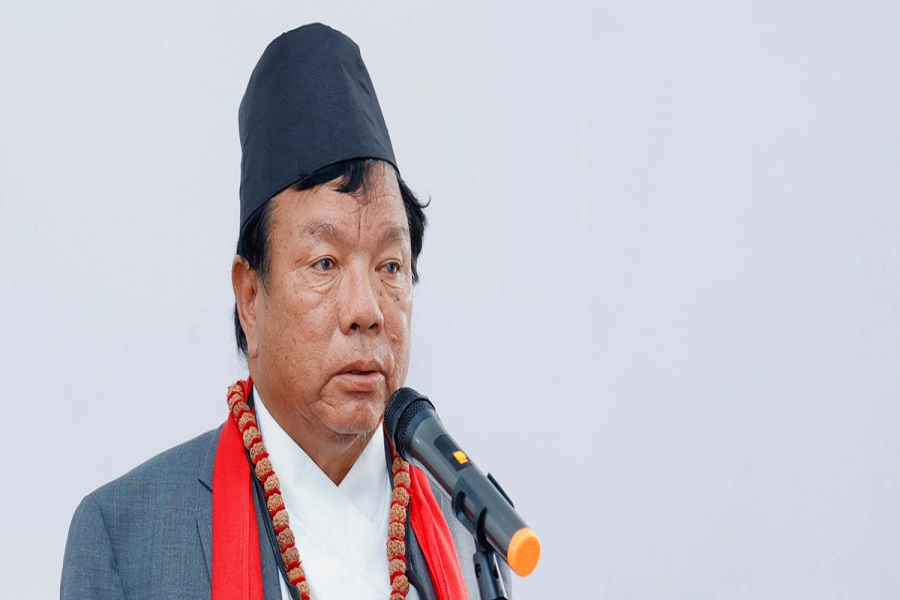Walking around Tundikhel at the center of Kathmandu, you can observe the entrepreneur selling watches in a bucket. We know watches are mostly waterproof and will say so on the face; but how do you convince an illiterate person and get him or her to pay a bit more? Sell them from a bucket full of water. Across this beautiful country, there are entrepreneurs doing amazing works. The person who started a red sandalwood nursery, the person selling honey from bees that harvest pollen from the Chitwan National Park, the river guides who take on the numerous white rapids, the solar “tuki” entrepreneurs, the lodge owners in Khumbu or Ghandruk; all entrepreneurs who are second to none in the world!
Ideas, systems and bias for action
Thomas Edison is an icon when trying to help people understand the attributes of a real entrepreneur. Edison grew up with only candlelight and invented the electric light bulb in 1879. The problem with the invention was that it would not fuse and hence no one wanted to manufacture it. He spent a lot more effort and creative energy inventing a bulb that would fuse. But more important than the bulb, Edison also created a system (the grid) to get power from one place to another.
In Nepal, the challenge is that many of us have great ideas but are not willing to adapt them to the needs of the market and the people who will produce it and pay for it. Few go on to create systems that will enable their ideas to go to scale. It is not easy, but it has been done and can be done. It takes a real bias for action to succeed. We know so much, and yet we do so little. We must make the transition from knowing to doing. In the Terai and in India, cinema halls are called “Talkies”. The reason is because Thomas Edison made it possible to put sound into silent movies – the talking movies in 1912.
Ministry of shirts and shoes
The general attitude among many Nepalis is still that the government should do everything. Our politicians (stop calling them leaders) love this and make even more promises. Every time we have a problem, the recommendation is to create a new ministry. The reality is that we all wear shirts and shoes; but there is no ministry for shirts or shoes in Nepal or anywhere in the world. Entrepreneurs produce the most comfortable and diverse designs of shirts and shoes that meet everyone’s choice and purchasing power. Look around and see all the goods and services we have or use and check how many are made by the government? There is a story that when Indian ministers were asked what they had done to make India a leader in the IT sector, the answer was that “they were not even aware of it!” India does not have a ministry of IT. Switzerland does not have a ministry of tourism. The state will prefer to build a clock tower (one size fits all), but the entrepreneur designs and builds watches giving everyone a choice. Along with this freedom comes responsibility of being on time. As we all begin to carry mobile phones, we may also be seeing the beginning of the end of watches. Entrepreneurs accept that change is permanent.

Level playing field
The reason why any country can field a team at the World Cup and have a chance to win is because there is a level playing field. The same rules apply to everyone without any exception and hence we can see the real advantage of a true competition. This is what makes the games so attractive to watch. The enabling environment where a small country like Serbia could beat the USA in the last World Cup is what we are talking about. Serbia has the same population as the number of people in jails in the USA. It is in this context that we need a government. It is the government that has to create a regulatory framework and create an investment climate where everyone has an equal chance to succeed. With the support of International Finance Corporation, Nepal has launched the Nepal Business Forum (NBF) where the private and public sector come together to create this desired state of affairs. The winning team always talks to each other. “Team Nepal” has a lot to talk about and needs to talk to each other more for results.
Ashoka Fellow Anil Chitrakar is a social entrepreneur and a noted culture expert.
Democratizing ‘luxury’






































